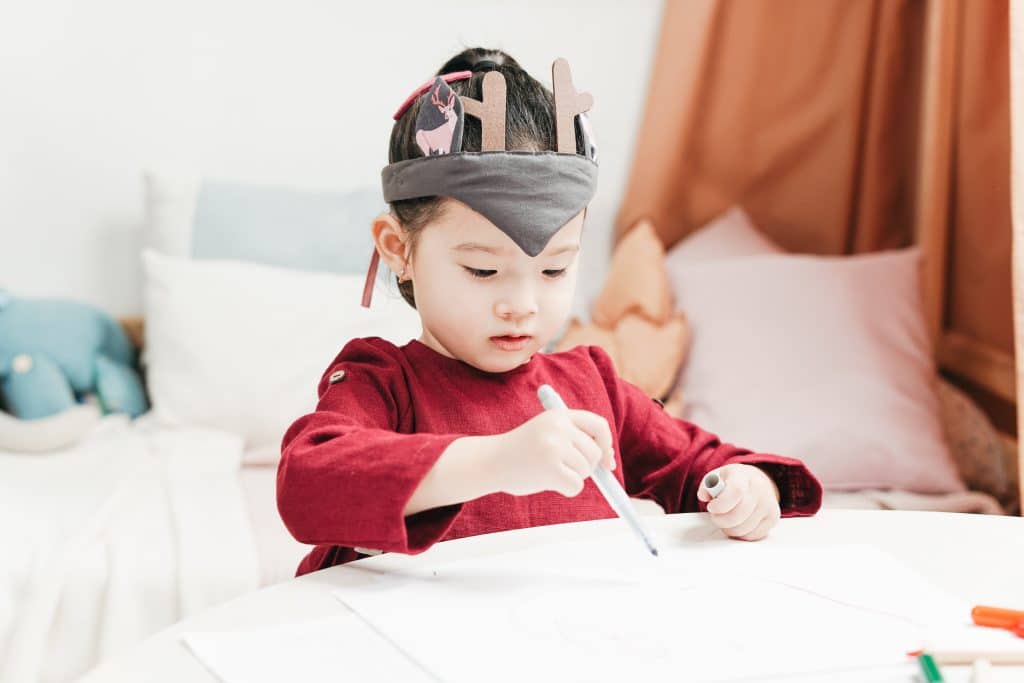Ever wondered why your kid seems to struggle with tasks that other kids find a breeze? It’s not a lack of effort or intelligence. It could be a learning disability. Understanding this can be a game-changer, paving the way for tailored support and strategies. This blog post is your guide to the world of learning disabilities, and we even have a learning disability test towards the end to help you gain more insights.
Table of Contents
Understanding Learning Disabilities
Firstly, let’s clarify what a learning disability is. It’s a neurological disorder that affects the brain’s ability to receive, process, store, and respond to information. Kids with learning disabilities are just as smart as their peers, but they see, hear, and understand things differently.
Common Types of Learning Disabilities
- Dyslexia: Difficulty with reading and language-based processing skills.
- Dyscalculia: Difficulty with arithmetic and problem-solving.
- Dysgraphia: Difficulty with handwriting, spelling, and organizing ideas.
- Non-Verbal Learning Disabilities: Difficulty with visual-spatial, intuitive, organizational, evaluative, and holistic processing functions.

Read more: Is Autism a Learning Disability?
Signs of a Learning Disability
Spotting a learning disability can be tricky. However, some common signs point towards one. For instance, your kid might struggle with reading, writing, or math. They might need help following directions, distinguishing right from left, or identifying words or colors. Above all, trust your instincts. If you feel something needs to be corrected, it’s worth investigating. Check out the learning disability test below to learn more!
Getting a Learning Disability Test
So, you’ve noticed some signs, and you’re wondering what’s next? A learning disability test. This comprehensive evaluation assesses your kid’s intellectual and academic abilities. It’s conducted by a team of professionals, including a psychologist, speech and language therapist, and occupational therapist. The test results can help identify the specific learning disability and guide the development of an effective learning plan.
Quiz Time!
Ready to learn more about your kid’s learning style? Take our learning disability test! It’s a simple, interactive way to understand how your kid learns best. Remember, this quiz is not a diagnostic tool, but it can provide valuable information to help you support your kid.
Supporting Your Kid
Most importantly, remember that a learning disability doesn’t define your kid. They have unique strengths and abilities that can be nurtured and developed. Providing a supportive and understanding environment can make a world of difference. Moreover, numerous resources and tools are available to help, like Goally’s Skill Building Tablet, designed to empower kids with thinking and learning differences. Now it’s time to take the learning disability test!
Goally | Apps To Support Child Development
Looking for fun ways to help your child learn life skills? Try Goally! The Goally tablet comes with award-winning learning apps and video classes to help kids develop the skills they need to become independent with FUN & evidence-based practices.

Our apps teach executive function, language, emotional regulation, finger dexterity skills, and more.
As your child develops new skills, you can increase the difficulty level of the tasks in the app to challenge and motivate them even further. This helps your child grow and progress at their own pace, while also keeping them engaged and excited about their development.

Understanding and supporting a kid with a learning disability can be a journey. Still, it’s one you don’t have to navigate alone. Your kid can thrive with knowledge, support, and the right tools. So, let’s celebrate neurodiversity and empower our kids to reach their full potential. Don’t forget to take the learning disability test above!
FAQ’s About Learning Disability Test
What is a learning disability test?
A learning disability test is an assessment that identifies specific challenges in reading, writing, math, or other academic skills. It helps determine if a child has a learning disability and qualifies for special education services.
When should I consider a learning disability test for my child?
If your child consistently struggles with schoolwork despite effort, has difficulty keeping up with peers, or shows signs of frustration or low self-esteem related to learning, talk to their teacher or pediatrician about a potential learning disability test.
Who can diagnose a learning disability?
Learning disabilities are typically diagnosed by a team of professionals, including a psychologist, educational specialist, and/or neuropsychologist. They use a combination of tests, observations, and interviews to make a diagnosis.
What happens after a learning disability diagnosis?
After a diagnosis, the school will work with you to develop an Individualized Education Program (IEP) or 504 Plan. These plans outline specific accommodations, modifications, and support services to help your child succeed academically.
Can learning disabilities be cured?
While learning disabilities cannot be cured, with proper support and interventions, children can learn strategies to manage their challenges and thrive academically. Early identification and treatment are crucial for the best outcomes.

Goally
We help parents teach their kids life skills, like doing bedtime and morning independently. Backed by science, we incorporate evidence-based practices and expert-informed designs in all of our apps and content.





